Confucianism: The ethical and philosophical system shaping ancient China
Confucianism is one of the most influential philosophical, ethical, and social systems in ancient China, profoundly shaping Chinese society, governance, education, and culture for over two millennia. Founded on the teachings of Confucius (Kong Fuzi, 551–479 BCE), Confucianism emphasizes morality, proper social relationships, and the cultivation of virtue as the foundations of a harmonious society. Unlike Daoism, which prioritizes harmony with nature and spontaneity, Confucianism focuses on human relationships, social order, and the moral development of individuals. In this post, we take a brief look at the historical development of Confucianism, its key philosophical concepts, and its influence on governance, education, and culture in ancient China.
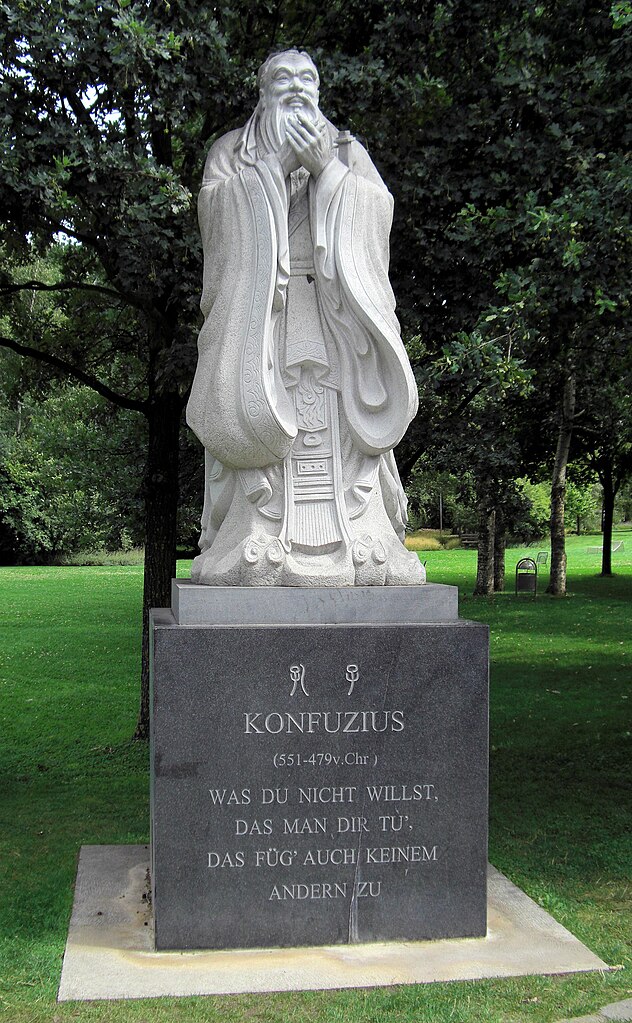
Statue of Confucius in Berlin-Marzahn. Source: Wikimedia Commonsꜛ (license: CC BY-SA 3.0)
Historical development of Confucianism
Confucius lived during the late Zhou dynasty, a period marked by political fragmentation and social unrest. He sought to restore social harmony by reviving ancient rituals and ethical principles, drawing inspiration from earlier sages and the traditions of the early Zhou rulers. Although Confucius himself did not gain significant political influence during his lifetime, his teachings were preserved by his disciples and compiled in texts such as the Analects (Lunyu), which became the foundation of Confucian philosophy.

The birthplaces of notable Chinese philosophers from the Hundred Schools of Thought in the Zhou dynasty. Philosophers of Daoism are marked by triangles in dark green. Confucians are marked by triangles in dark red. Source: Wikimedia Commonsꜛ (license: CC BY-SA 4.0)

Map showing the journey of Confucius to various states between 497 and 484 BCE. Source: Wikimedia Commonsꜛ (license: CC BY-SA 4.0)
After Confucius’s death, several Confucian scholars further developed and interpreted his ideas. Two of the most prominent figures in early Confucianism were:
- Mencius (Mengzi, 372–289 BCE): Mencius emphasized the innate goodness of human nature and argued that proper governance should cultivate this inherent virtue.
- Xunzi (310–235 BCE): In contrast to Mencius, Xunzi believed that human nature is inherently selfish and that moral virtue must be cultivated through education and strict discipline.
During the Han dynasty (206 BCE–220 CE), Confucianism was adopted as the official ideology of the Chinese state, largely due to the efforts of the scholar Dong Zhongshu. From this point onward, Confucianism became deeply intertwined with Chinese governance, education, and cultural identity.

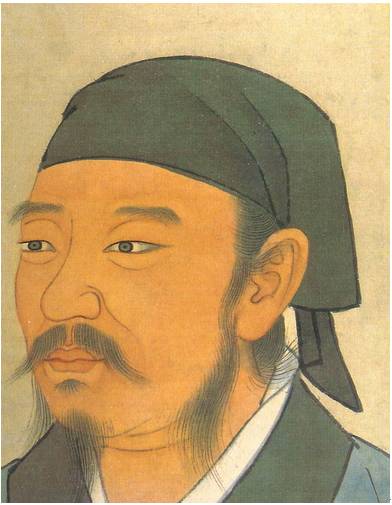
Left: Mencius as depicted in the album Half Portraits of the Great Sage and Virtuous Men of Old (至聖先賢半身像), National Palace Museum in Taipei. Source: Wikimedia Commonsꜛ (license: public domain) – Right: Imaginary portrait of Xunzi, Qing dynasty (1636–1912), Palace Museum, Bejing. Source: Wikimedia Commonsꜛ (license: public domain)
Key philosophical concepts in Confucianism
Ren (仁): Benevolence or humaneness
Ren is the central virtue in Confucianism, often translated as “benevolence”, “compassion”, or “humaneness.” It represents the ideal relationship between individuals, characterized by kindness, empathy, and mutual respect. Confucius described ren as the essence of moral character, emphasizing that a person who practices ren will naturally act with integrity and consideration toward others.
Confucius believed that ren begins within the family and extends outward to society at large. By cultivating ren in familial relationships, individuals learn to practice compassion and respect in all their interactions, fostering social harmony.
Li (禮): Ritual and propriety
Li, often translated as “ritual” or “propriety”, refers to the proper conduct in social interactions and the observance of traditional rites and customs. For Confucius, li was not merely about external formalities but about cultivating an inner sense of respect and reverence. Through the practice of li, individuals learn discipline, self-restraint, and respect for social norms, which helps maintain order and harmony in society.
Li encompasses a wide range of practices, from simple courtesies in daily life to complex state ceremonies. Confucius emphasized that observing li fosters social cohesion and helps individuals internalize moral values.
Yi (義): Righteousness
Yi, or righteousness, is the virtue of acting according to moral principles rather than personal gain. In Confucianism, yi guides individuals to do what is right, even when it is difficult or disadvantageous. Confucius stressed that true virtue lies in acting ethically for its own sake, not for external rewards or recognition.
Yi is closely related to ren and li; together, they form the basis of a virtuous life. While ren represents the motivation to care for others, and li provides the framework for proper conduct, yi ensures that one’s actions are guided by an unwavering commitment to moral integrity.
Zhi (智): Wisdom
Zhi, or wisdom, refers to the ability to discern right from wrong and make sound moral judgments. Confucius regarded wisdom as an essential quality for both personal development and effective leadership. A wise person understands the principles of ren, li, and yi, and applies them appropriately in different contexts.
Xiao (孝): Filial piety
Xiao, or filial piety, is the virtue of respecting and honoring one’s parents and ancestors. In Confucianism, the family is considered the fundamental unit of society, and xiao is seen as the foundation of all other virtues. By cultivating xiao, individuals learn to practice ren and li in their broader social relationships.

Scene from Illustrations of the Classic of Filial Piety (detail), depicting a son kneeling before his parents. Source: Wikimedia Commonsꜛ (license: public domain)
Confucius emphasized that filial piety extends beyond mere obedience to include genuine care, respect, and support for one’s parents. The practice of xiao also includes ancestral worship and the maintenance of family traditions.
Confucianism in governance and education
Confucianism played a central role in shaping the political and educational systems of ancient China. During the Han dynasty, Confucianism was institutionalized as the official ideology of the state, and the imperial examination system was established to select government officials based on their knowledge of Confucian texts and principles.
Governance
Confucius believed that good governance begins with moral self-cultivation. He argued that a ruler who embodies ren, yi, and li will inspire the people to act virtuously, creating a just and harmonious society. In Confucian political theory, the ruler is seen as a moral exemplar whose primary responsibility is to care for the well-being of the people.
This ideal of virtuous leadership contrasts with the legalist approach, which relies on strict laws and harsh punishments to maintain order. Confucius advocated for a government based on moral persuasion rather than coercion, emphasizing that a ruler who governs with virtue will naturally gain the loyalty and respect of the people.
Education
Confucius placed great importance on education as a means of cultivating moral character and wisdom. He believed that all individuals, regardless of their social status, have the potential to become virtuous through proper education. Confucian education focuses not only on intellectual development but also on moral cultivation, emphasizing the study of classical texts, the practice of li, and the development of virtues such as ren and yi.

Page from Confucius’ Analects. Source: Wikimedia Commonsꜛ (license: public domain)
The Confucian educational system became the foundation of Chinese society for centuries, influencing not only government officials but also scholars, families, and communities. The Confucian classics, including the Analects, the Book of Rites, and the Mencius, were studied and revered as guides for ethical living and governance.
Confucianism and its influence on Chinese culture
Confucianism has had a lasting impact on Chinese and East Asian culture, shaping social norms, family structures, and ethical values. Its emphasis on respect for authority, education, and moral integrity has influenced the development of legal, political, and educational institutions in China, Korea, Japan, and Vietnam.
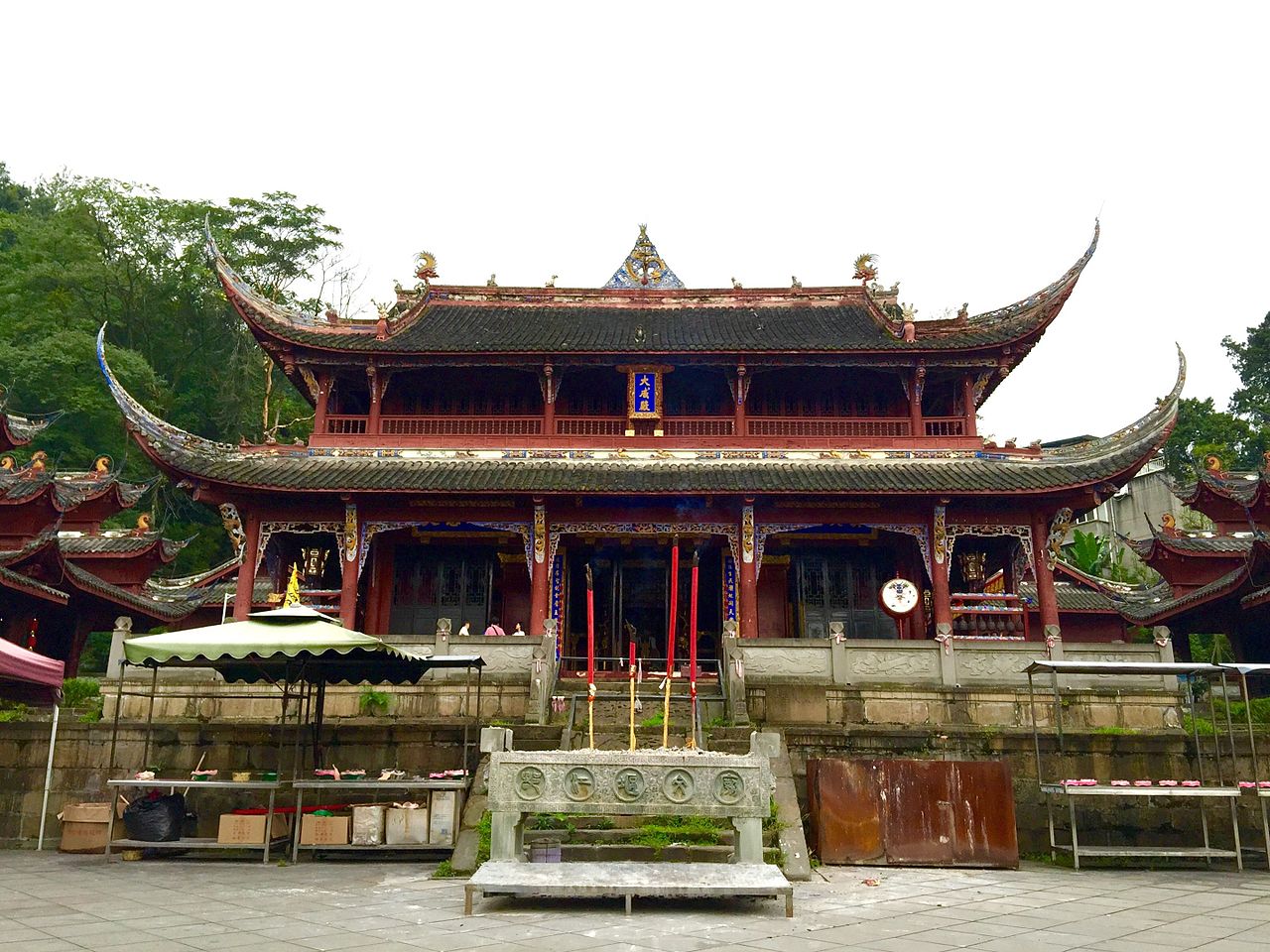
Temple of Confucius in Dujiangyan, Chengdu, Sichuan. Source: Wikimedia Commonsꜛ (license: CC BY-SA 4.0)
In modern times, Confucianism continues to be studied and practiced, offering insights into ethical leadership, interpersonal relationships, and the role of morality in society. While some aspects of Confucian thought have been criticized for promoting hierarchy and conservatism, its core principles of compassion, respect, and self-cultivation remain relevant in contemporary discussions on ethics and governance.
Spread of Confucianism in East Asia
Confucianism, though originating in China, became a foundational cultural and intellectual force throughout East Asia, influencing the development of social structures, political systems, and ethical norms in Korea, Japan, and Vietnam. Its spread was facilitated through diplomatic missions, cultural exchanges, and the adoption of Chinese-style governance by neighboring states.
Korea
In Korea, Confucianism was first introduced during the early Three Kingdoms period (57 BCE–688 CE) but gained prominence during the Goryeo dynasty (918–1392) and became deeply entrenched during the Joseon dynasty (1392–1897). The Joseon rulers adopted Confucianism as the state ideology, emphasizing Neo-Confucian principles in governance, education, and social life.
Confucian academies, known as seowon, were established to educate scholars and officials in Confucian classics. The influence of Confucianism extended to family life, reinforcing strict social hierarchies, filial piety, and patriarchal values. Even today, Confucian ideals continue to shape Korean societal norms, particularly in respect for elders and the importance of education.
Japan
Confucianism was introduced to Japan during the Asuka period (538–710 CE) alongside Buddhism. It was further developed during the Nara and Heian periods and became institutionalized during the Tokugawa shogunate (1603–1868). Tokugawa rulers promoted Confucian values to strengthen social order, emphasizing loyalty, filial piety, and hierarchical relationships.
The Samurai class adopted Confucian ethics, blending them with their own Bushido code, which stressed loyalty and duty. Confucianism also influenced Japanese education and governance, with scholars studying Chinese Confucian texts and incorporating their principles into Japanese society. While Buddhism and Shinto remained dominant religious traditions, Confucian ethical teachings played a significant role in shaping Japanese cultural identity.
Vietnam
In Vietnam, Confucianism was introduced during Chinese rule (111 BCE–939 CE) and later became the official ideology under independent Vietnamese dynasties. The Vietnamese imperial examination system, modeled after the Chinese system, tested candidates on their knowledge of Confucian classics and was a primary means of selecting government officials.
Confucian ideals permeated Vietnamese society, emphasizing respect for authority, education, and moral conduct. Temples dedicated to Confucius were built, and Confucian values were integrated into family life, governance, and social norms. Even after the decline of the imperial system, Confucian ethics continued to influence Vietnamese cultural and social practices.
Regional influence and legacy
The spread of Confucianism across East Asia created a shared cultural framework that emphasized ethical governance, education, and social harmony. While each country adapted Confucian principles to fit its unique context, the core values of filial piety, respect for hierarchy, and moral cultivation remained consistent.
Conclusion
Confucianism, with its emphasis on virtue, moral education, and proper social conduct, provides a comprehensive framework for personal development and social harmony. By cultivating virtues such as ren, li, and yi, Chinese thought that they can contribute to a just and harmonious society, guided by ethical principles rather than personal ambition or coercion. Confucianism shaped the political, educational, and cultural landscape of ancient China but also became a cornerstone of East Asian civilizations. Its influence extended to Korea, Japan, and Vietnam, where it was adapted to local contexts and played a vital role in forming social norms, governance, and educational systems like no other philosophical system.
References
- Lü Bu We (Autor), Richard Wilhelm (Herausgeber, Übersetzer), Das Weisheitsbuch der alten Chinesen - Frühling und Herbst des Lü Bu We, 2015, Anaconda, ISBN: 9783730602133
- Konfuzius (Autor), Richard Steinheimer (Lektorat) (Autor), Richard Wilhelm (Übersetzer), Lunyu – Gespräche und Zitate, 2019, Independently published, ISBN: 978-1093444124
- Mengzi (Autor), Richard Wilhelm (Übersetzer), Von der Freiheit des Menschen, 2012, marix Verlag ein Imprint von Verlagshaus Römerweg, ISBN-13: 978-3865392800
- Ames, Roger T., Confucian role ethics: A vocabulary, 2020, SUNY Press, ISBN: 978-1438481760
- Ivanhoe, Philip J., Confucian moral self-cultivation, 2000, Hackett Publishing, ISBN: 978-0872205093
- Confucius (Autor), Arthur Waley (Übersetzer), Confucius: The analects, 2000, Everyman, ISBN: 978-1857151848
- Legge, James (trans.), The four books: Confucian analects, the great learning, the doctrine of the mean, and the works of Mencius, 2022, Legare Street Press, ISBN: 978-1015399754
- Nylan, Michael, The five “Confucian” classics, 2014, Yale University Press, ISBN: 978-0300212006



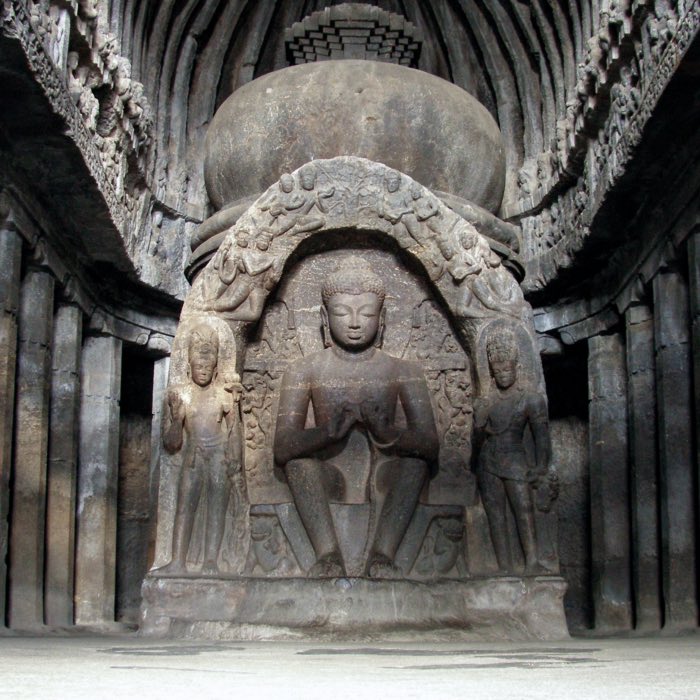
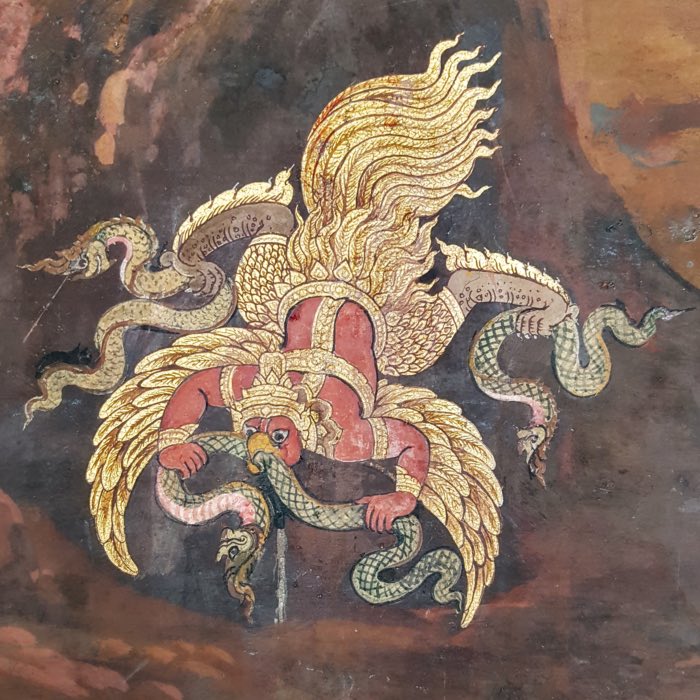
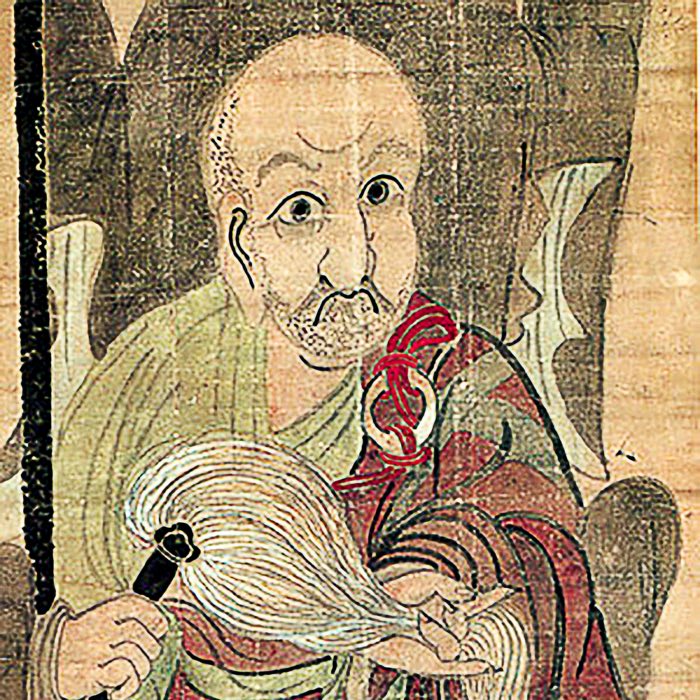
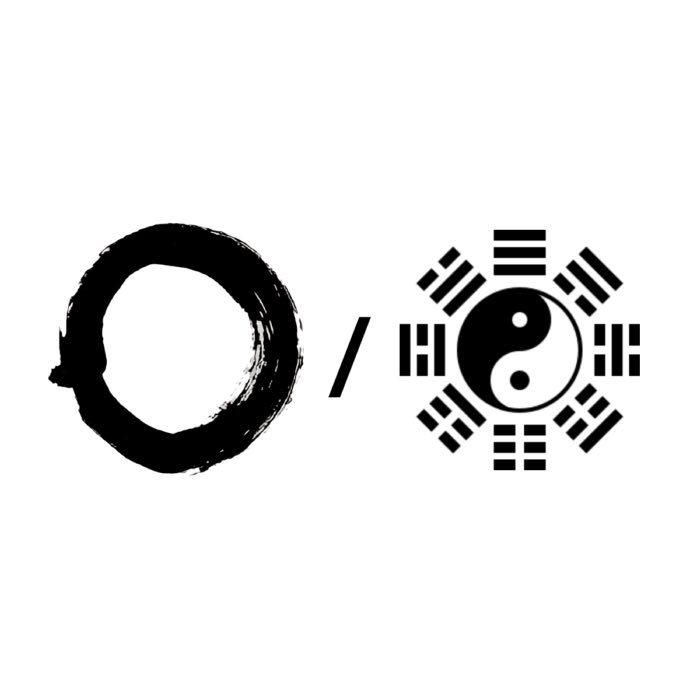

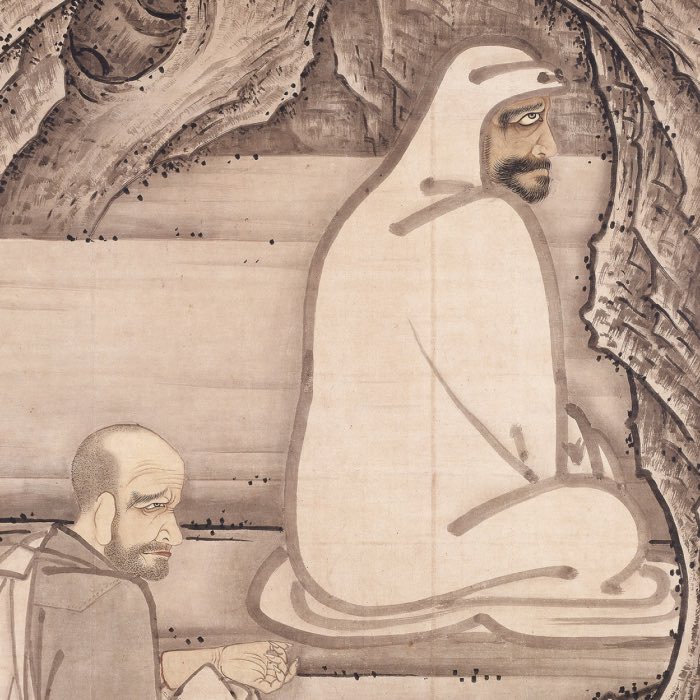

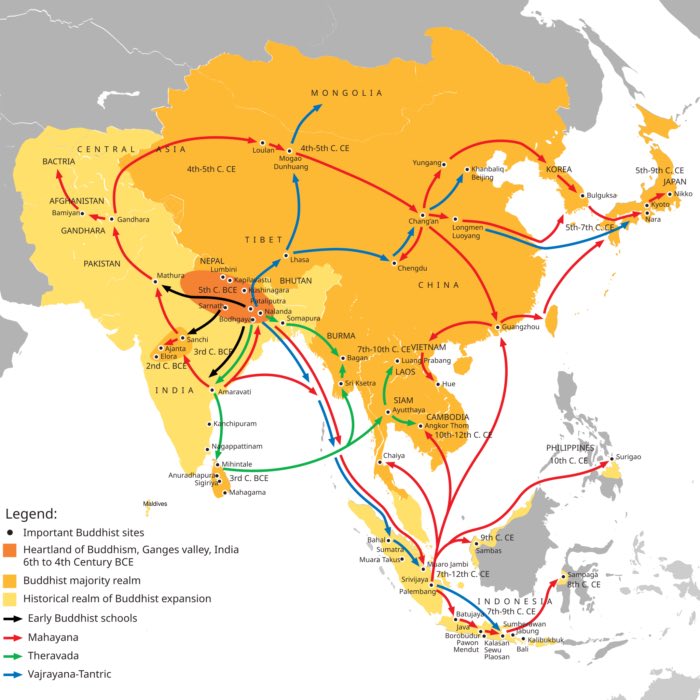

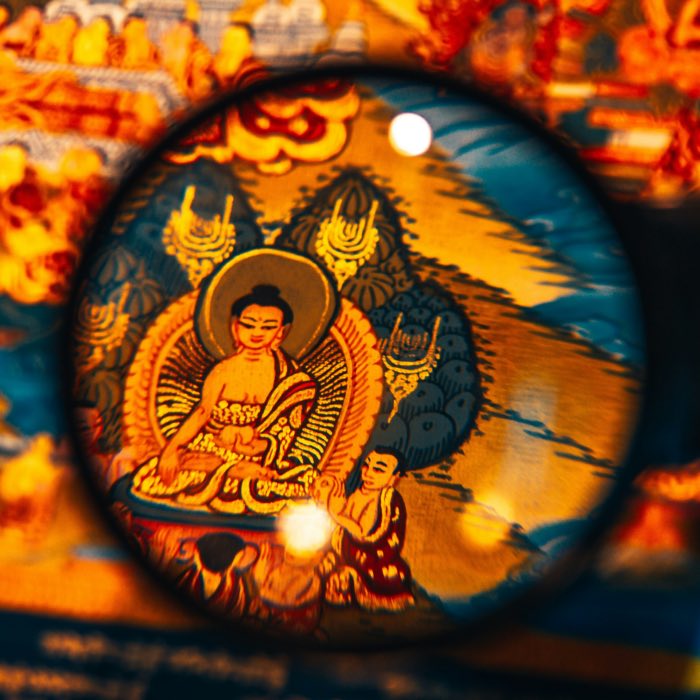
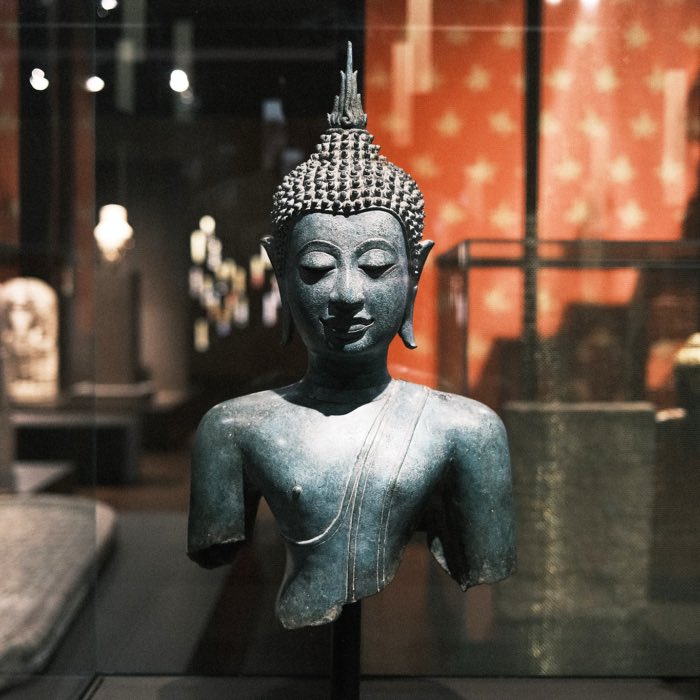

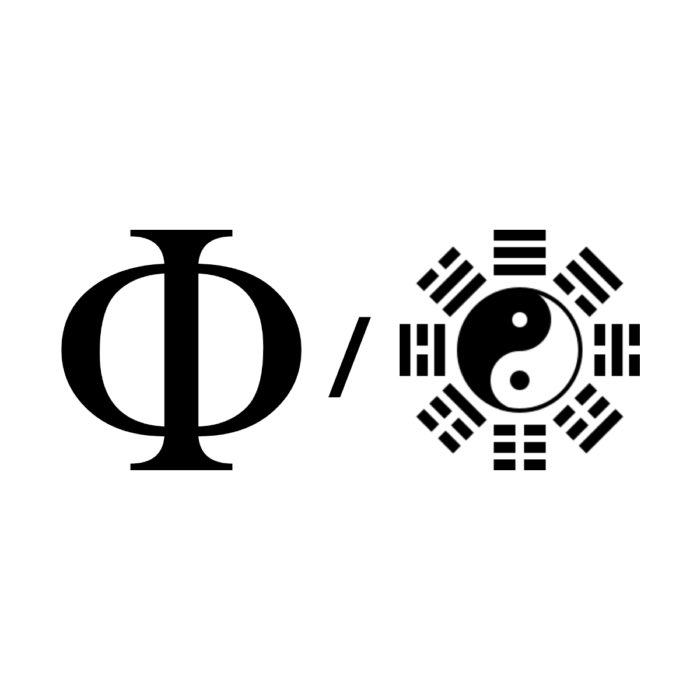
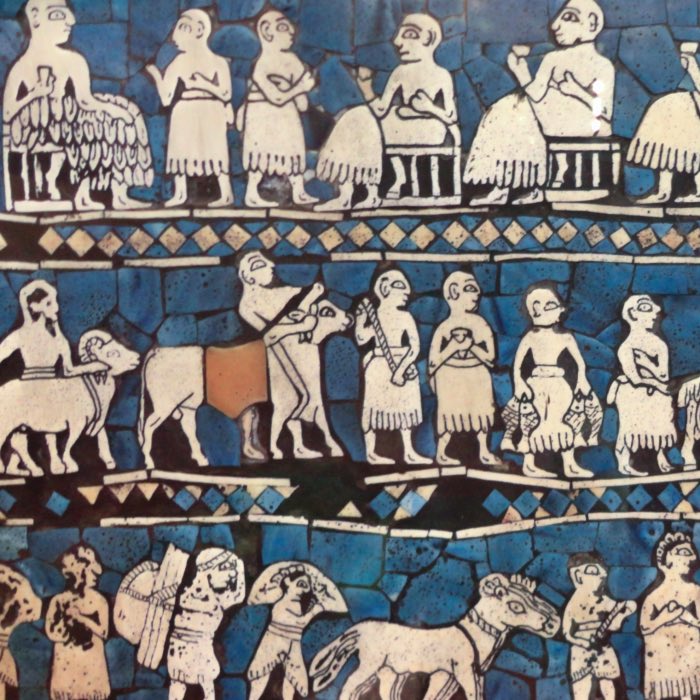
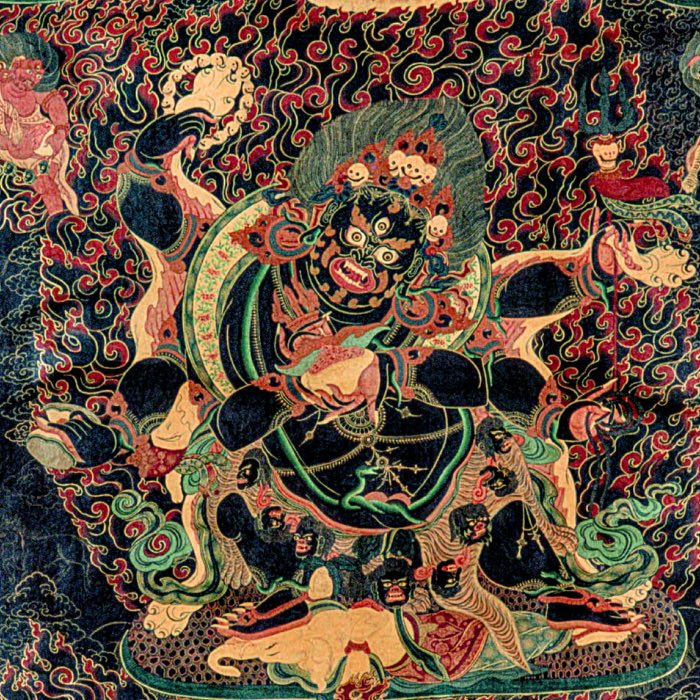
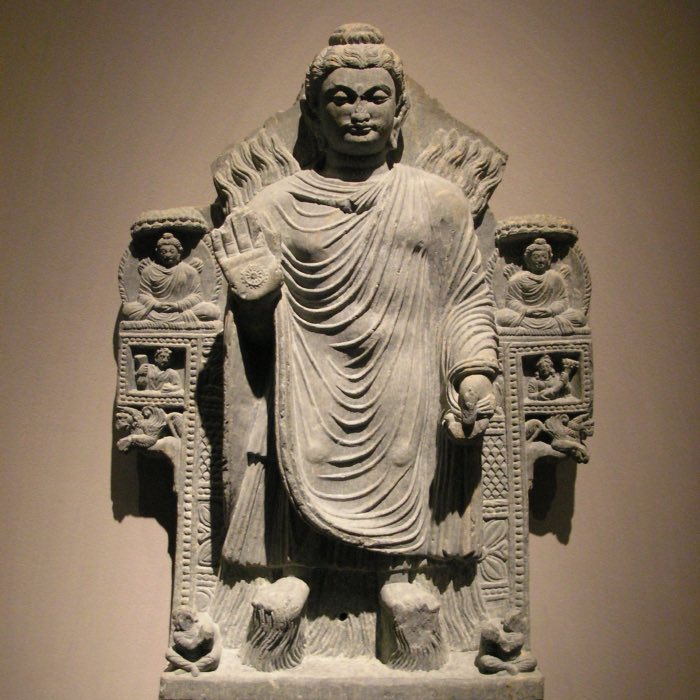
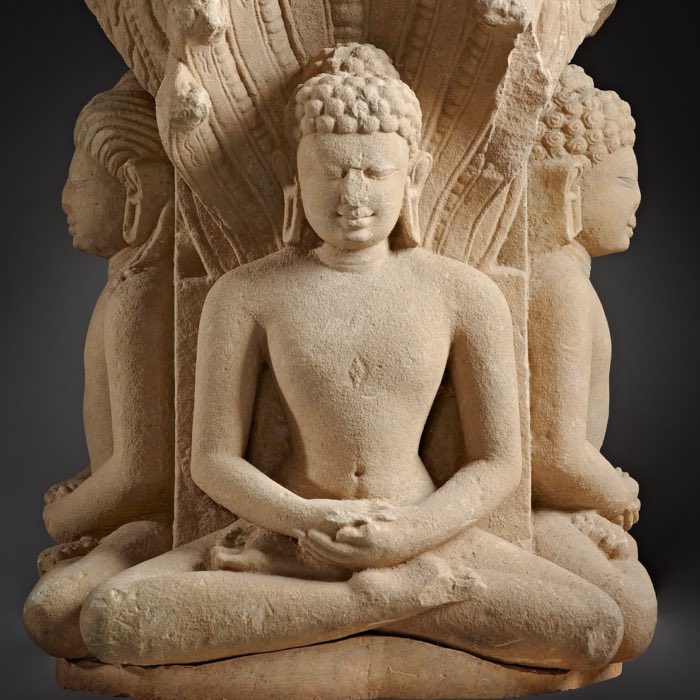
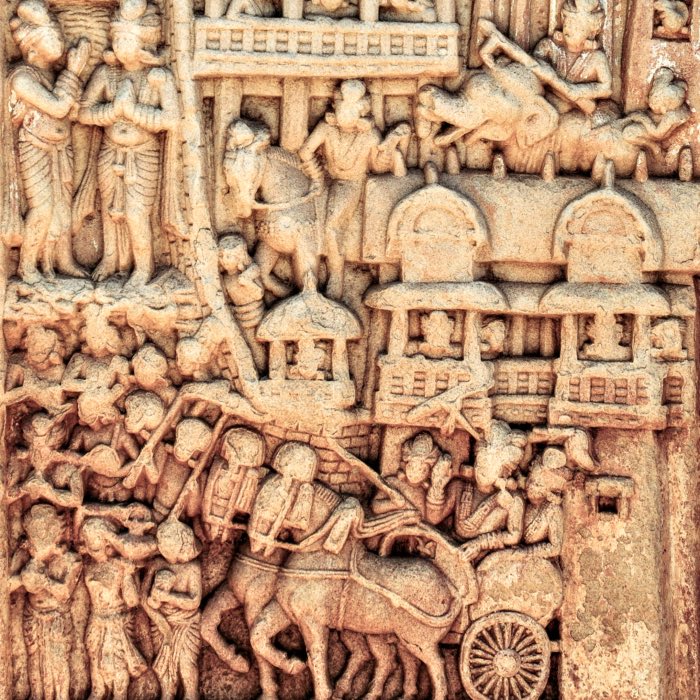
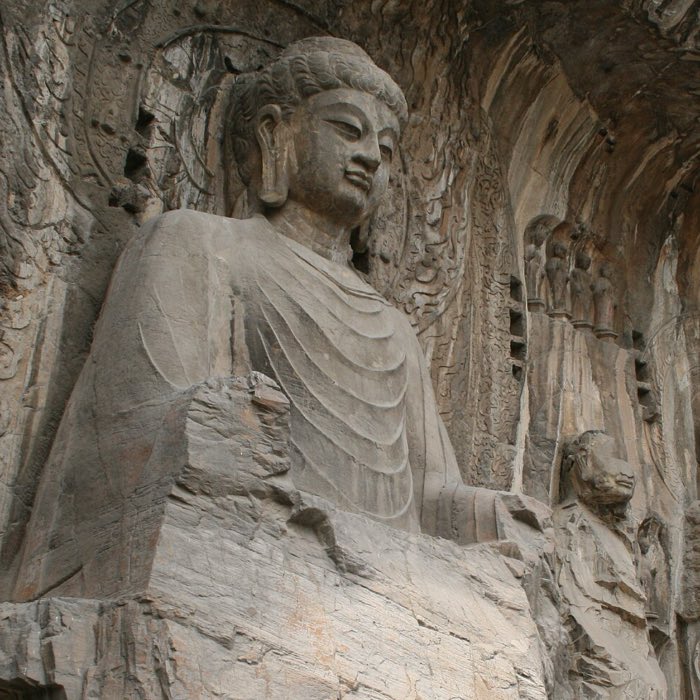
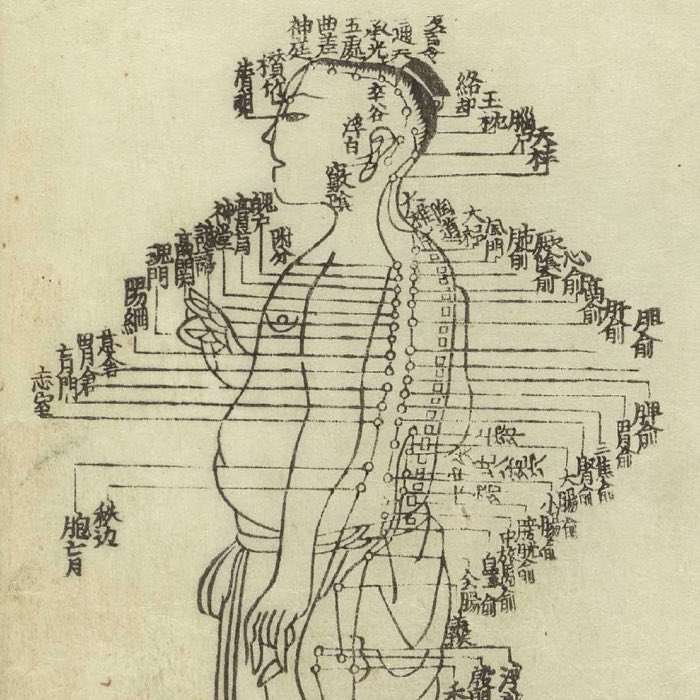


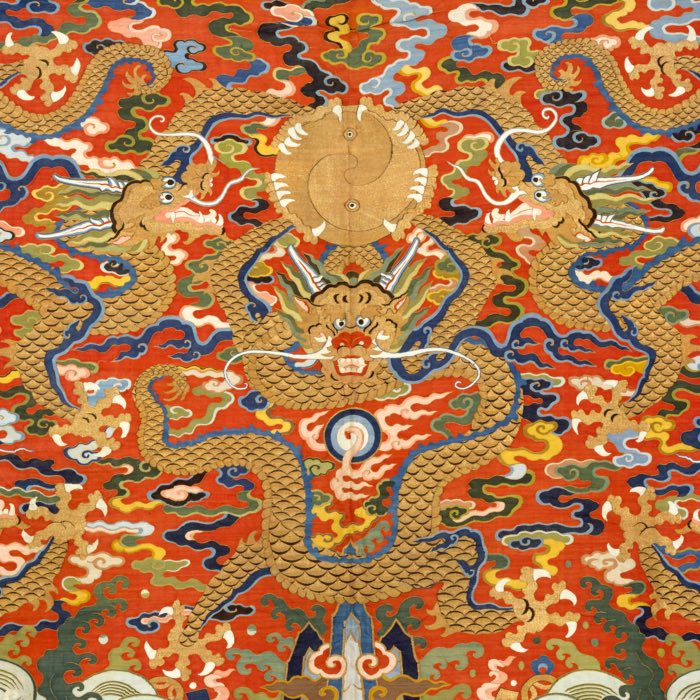
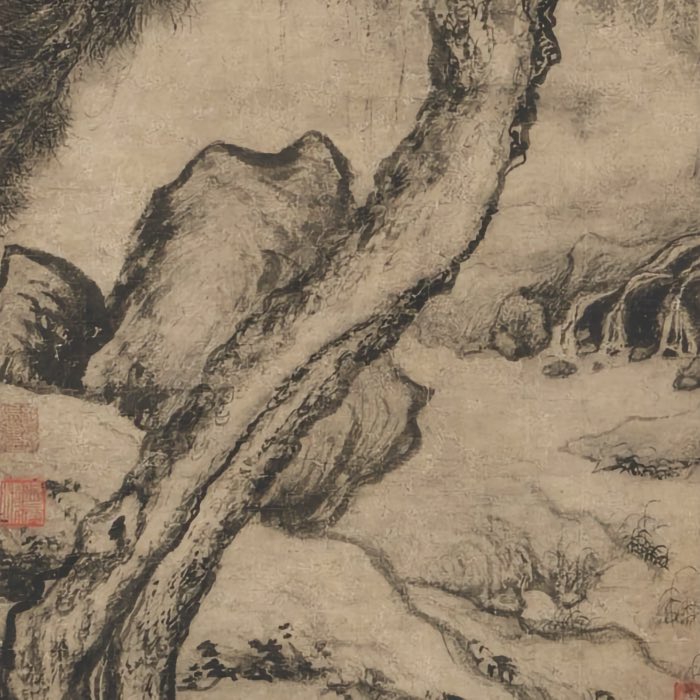
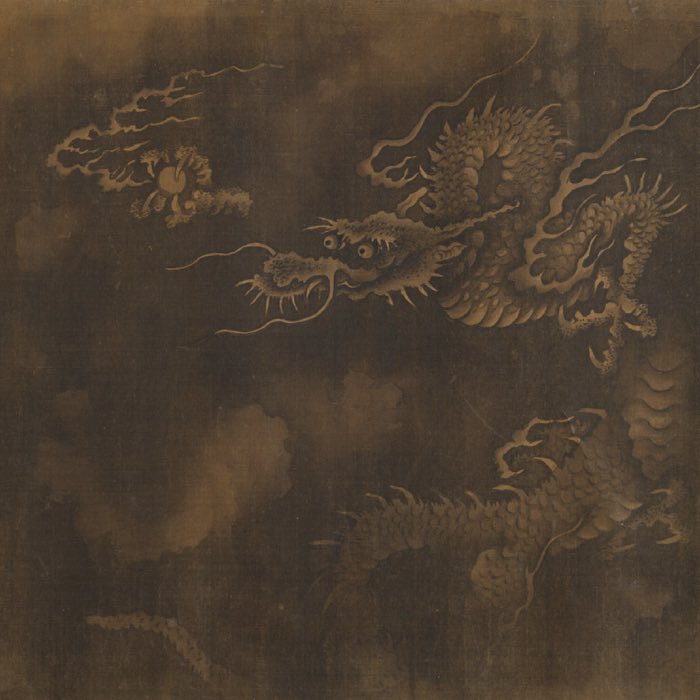
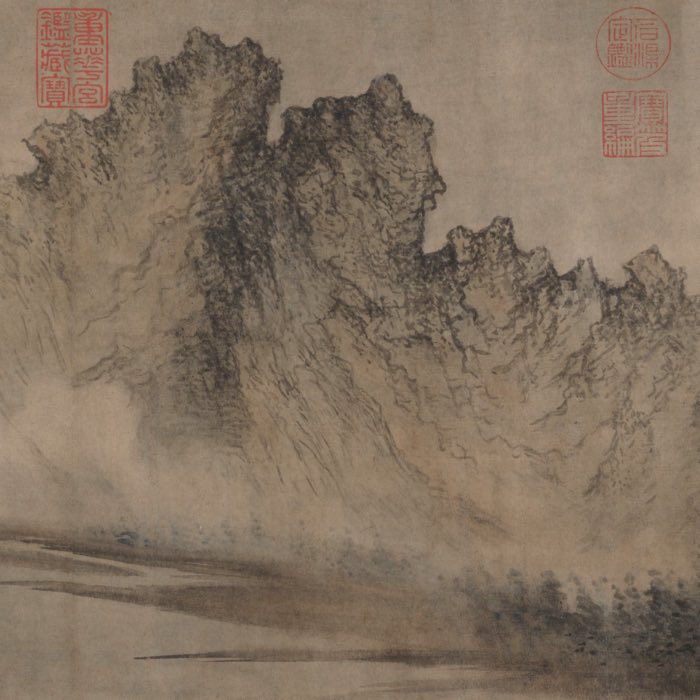
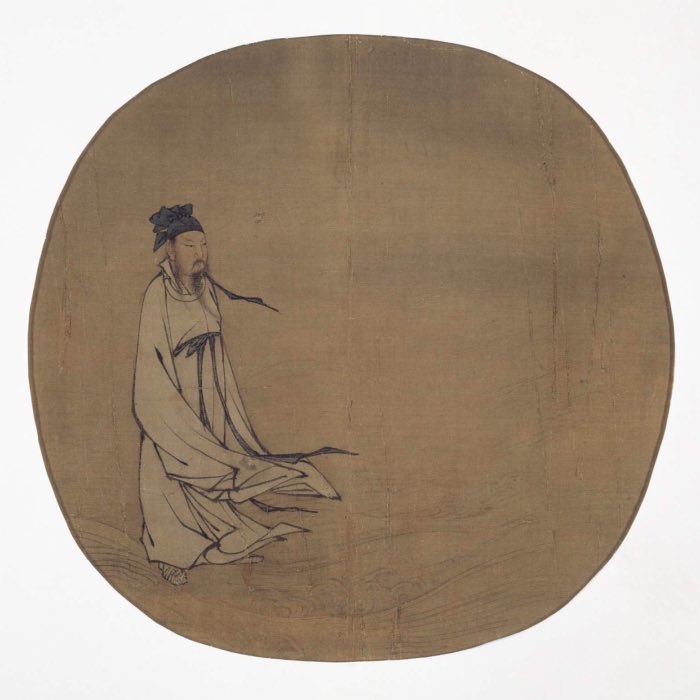
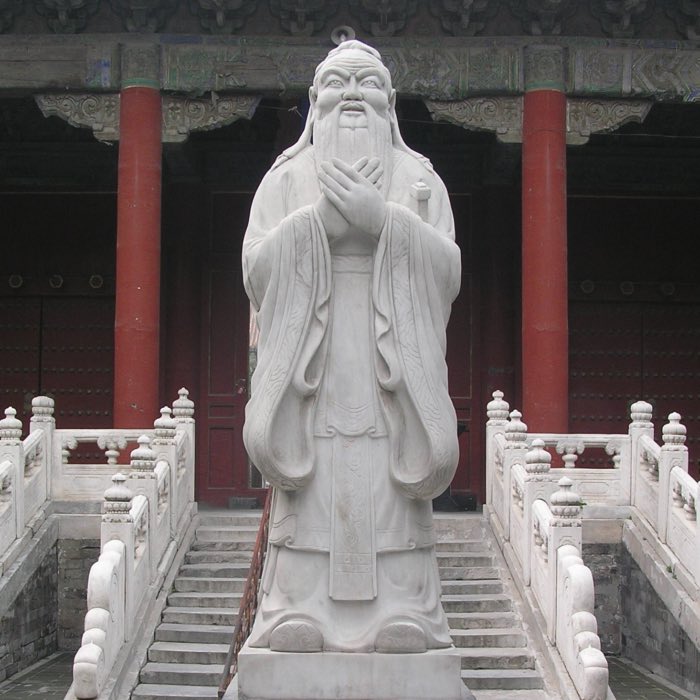
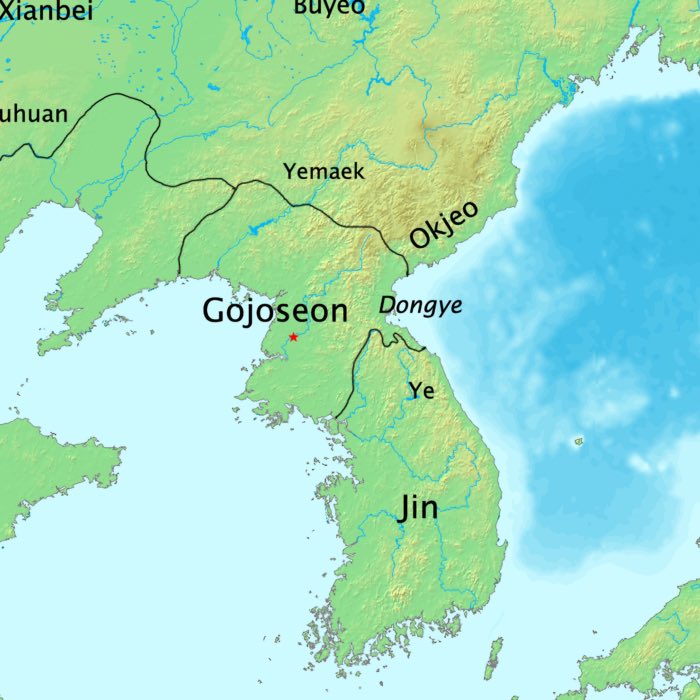
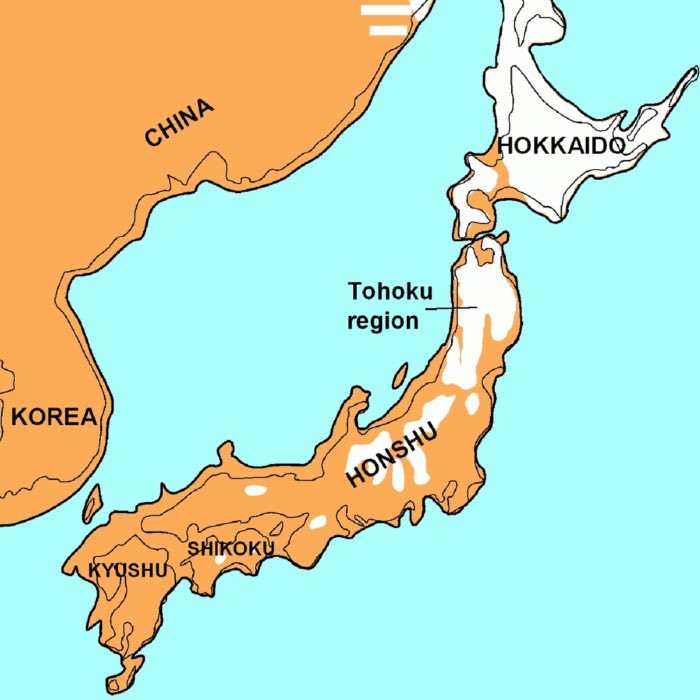
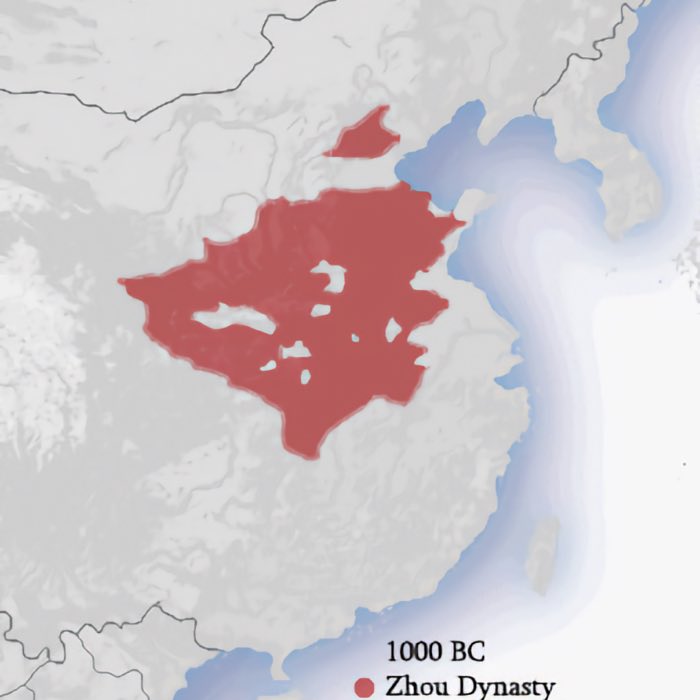
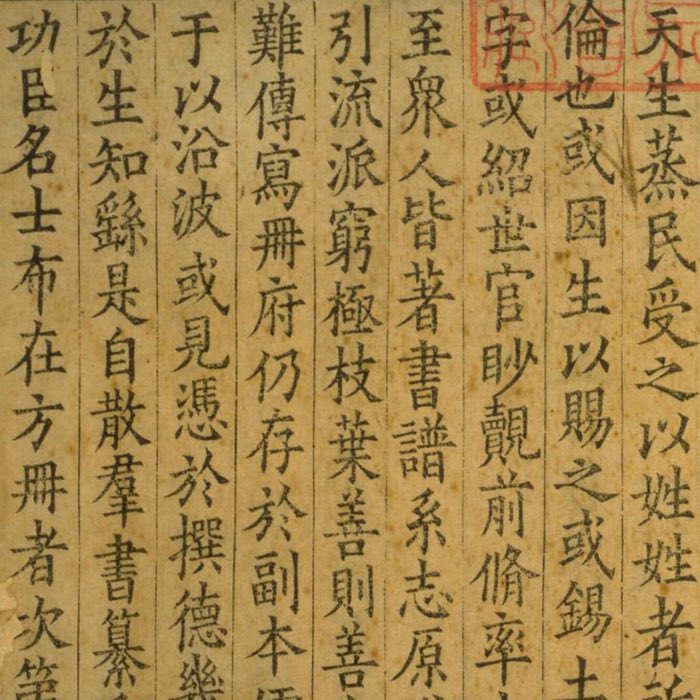

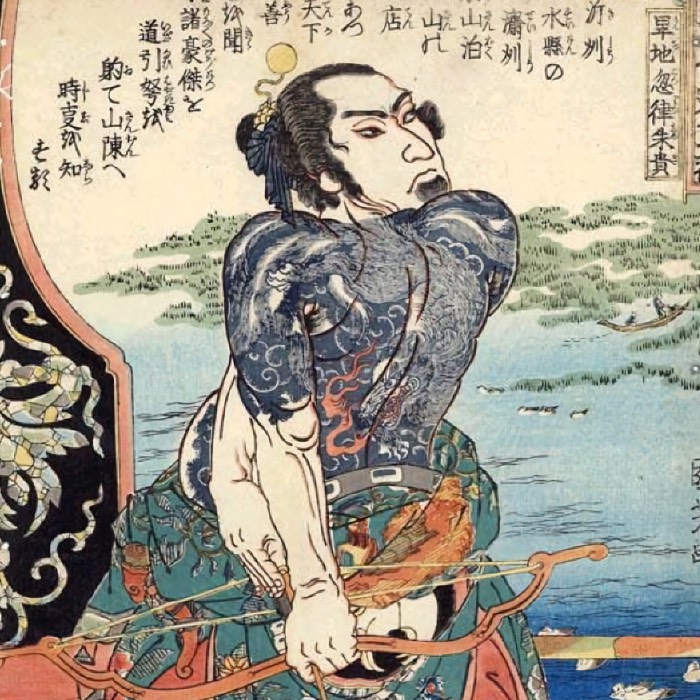
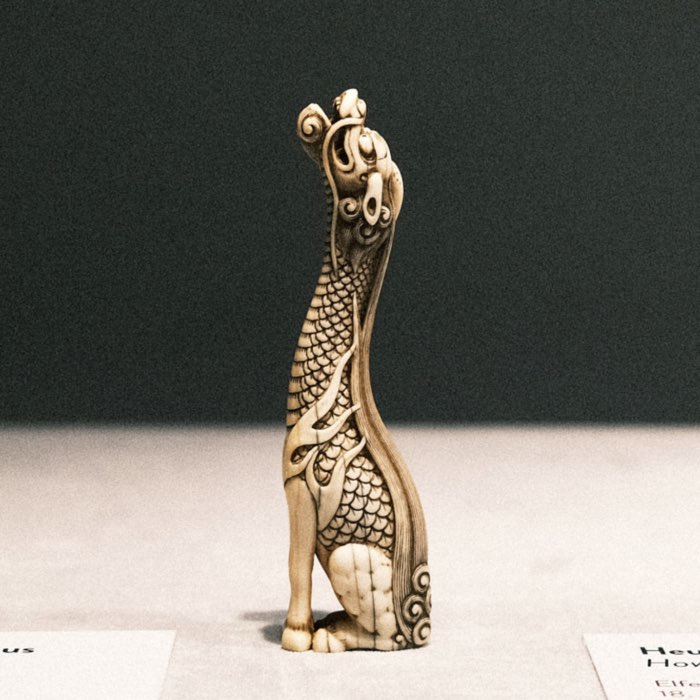






comments